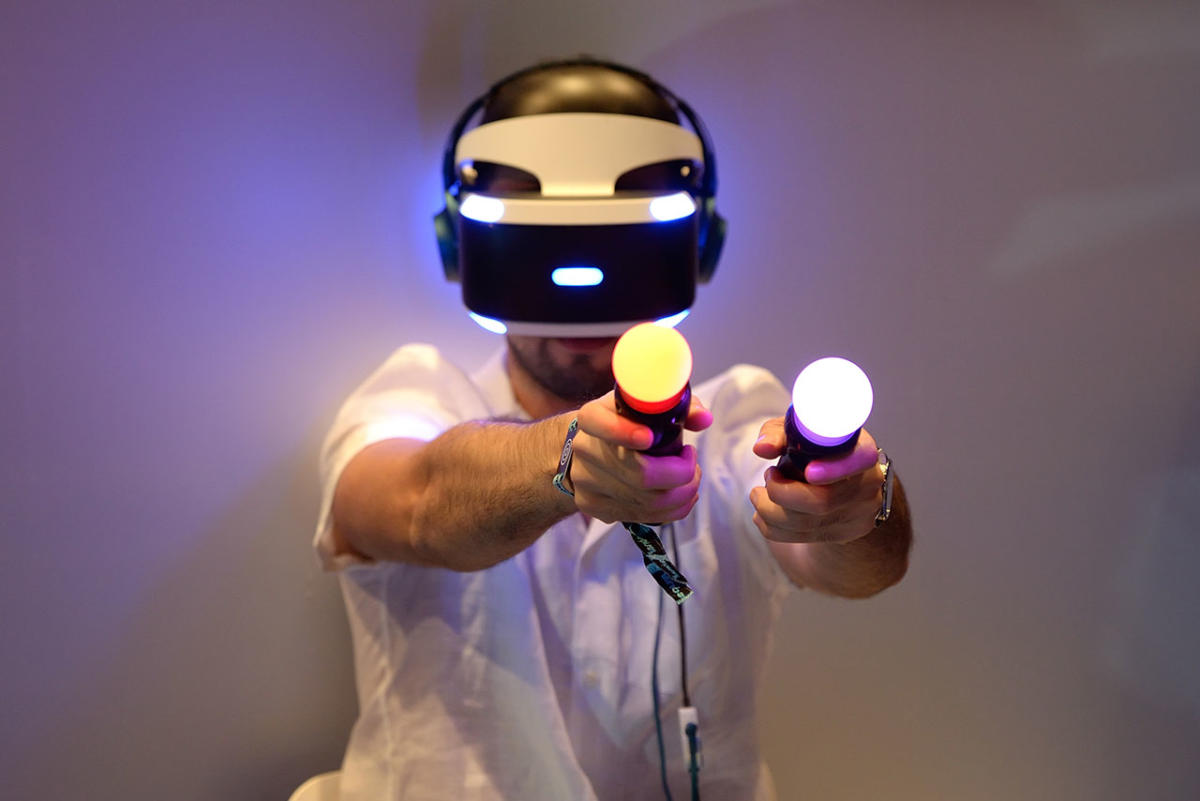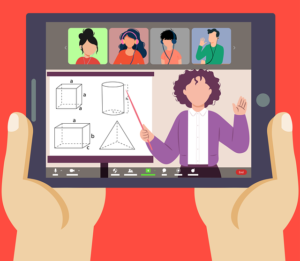India’s digital transformation journey has made remarkable progress in recent years, significantly advancing its technological landscape. A key driver of this progress is the emergence of Extended Reality (XR) as a game-changing tool in product engineering. XR, which encompasses Virtual Reality (VR), Augmented Reality (AR), and Mixed Reality (MR), is revolutionizing the design, development, and delivery of products, offering innovative solutions and enhancing overall efficiency in various industries.
XR, which encompasses Virtual Reality (VR), Augmented Reality (AR), and Mixed Reality (MR), is revolutionizing the design, development, and delivery of products, offering innovative solutions and enhancing overall efficiency in various industries
The Current Landscape of XR in India
India’s adoption of XR technologies is on a rapid ascent, driven by a thriving tech ecosystem, government initiatives, and an increasing number of startups and enterprises investing in this space. According to a report by FICCI and EY, the Indian VR and AR market is expected to grow at a compound annual growth rate (CAGR) of 76% over the next five years. This growth is primarily fueled by advancements in mobile technology, the affordability of VR/AR devices, and expanding use cases across various industries, from manufacturing and healthcare to education and entertainment.
Transforming Product Design and Development
One of the most significant impacts of XR in product engineering is its ability to transform the design and development processes. Traditionally, product design involved multiple iterations, physical prototypes, and extensive testing, which are time-consuming and costly. XR technologies enable engineers to create and interact with virtual prototypes, significantly reducing the time and cost associated with product development.
Virtual Prototyping
Virtual Reality (VR) allows engineers to build and test product prototypes in a virtual environment. This capability not only accelerates the design process but also enables designers to identify and rectify potential issues early in the development cycle. For instance, automotive companies in India are leveraging VR to design and test new vehicle models, reducing the need for physical prototypes and shortening the time to market.
Enhanced Collaboration
Augmented Reality (AR) and Mixed Reality (MR) facilitate real-time collaboration among geographically dispersed teams. Engineers can visualize 3D models, make real-time modifications, and collaborate on design changes seamlessly. This is particularly beneficial for multinational companies with teams spread across different locations. The ability to collaborate in a virtual space ensures that all stakeholders are aligned, thereby improving the efficiency and quality of the final product.
Training and Skill Development
XR technologies are also transforming the way training and skill development are conducted in the product engineering sector. Traditional training methods often involve theoretical learning and limited hands-on experience. XR provides immersive training environments where engineers can practice skills in a safe and controlled setting.
Market Trends Driving XR Adoption
Several market trends are driving the adoption of XR technologies in product engineering in India:
Increasing Investment in XR Startups
India is witnessing a surge in XR startups that are developing innovative solutions across various sectors. According to a report by NASSCOM, investment in Indian AR/VR startups has grown by over 100% in the past two years. These startups are creating solutions that cater to industries such as automotive, healthcare, education, and retail, further driving the adoption of XR technologies.
Government Initiatives
The Indian government is playing a pivotal role in promoting digital transformation and the adoption of advanced technologies. Initiatives like “Digital India” and “Make in India” are encouraging the development and deployment of XR technologies. The government’s focus on building a robust digital infrastructure and providing incentives for technology adoption is creating a conducive environment for XR growth.
Increasing Demand for Remote Collaboration Tools
The COVID-19 pandemic has accelerated the demand for remote collaboration tools. As companies continue to adapt to the new normal, XR technologies are becoming essential for enabling remote collaboration and maintaining productivity. This trend is particularly relevant in the product engineering sector, where seamless collaboration is critical for successful project execution.
The Future of XR in Product Engineering
Integration with AI and IoT
The combination of XR with Artificial Intelligence (AI) and the Internet of Things (IoT) is expected to unlock new possibilities in product engineering. AI-driven analytics, when paired with XR visualizations, can offer deeper insights into product performance, enhancing decision-making and efficiency. Meanwhile, IoT devices can boost the interactivity and functionality of XR applications, creating more dynamic and responsive user experiences. For example, integrating real-time data from IoT sensors into XR environments can help engineers monitor and optimize product performance in real-time.
Expanding Use Cases
As XR technologies continue to advance, their applications in product engineering will broaden. The potential use cases are extensive and varied, ranging from virtual showrooms that allow customers to interact with products before purchase, to advanced simulations that aid in product design and development. Additionally, XR can be used for predictive maintenance, enabling companies to foresee and address issues before they become critical. This expansion is not just theoretical; companies like Tata Motors have already begun implementing VR for virtual prototyping, significantly reducing development times and costs.
Set to Revolutionize the Product Engineering Landscape
XR is set to revolutionize the product engineering landscape in India. By enhancing design and development processes, improving collaboration, and offering immersive training experiences, XR is enabling Indian companies to innovate and remain competitive in a rapidly evolving market. As the adoption of XR technologies accelerates, fueled by market trends and government support, the future of product engineering in India appears promising and filled with new opportunities.

Guest contributor Sandeep Kumar is the AVP of Compunnel, a B2B tech company at the cutting edge of the digital revolution, which bridges the gap between innovation and practical application, driving transformative growth across sectors including workforce management, IT consulting, e-learning, and healthcare. Any opinions expressed in this article are strictly those of the author.












